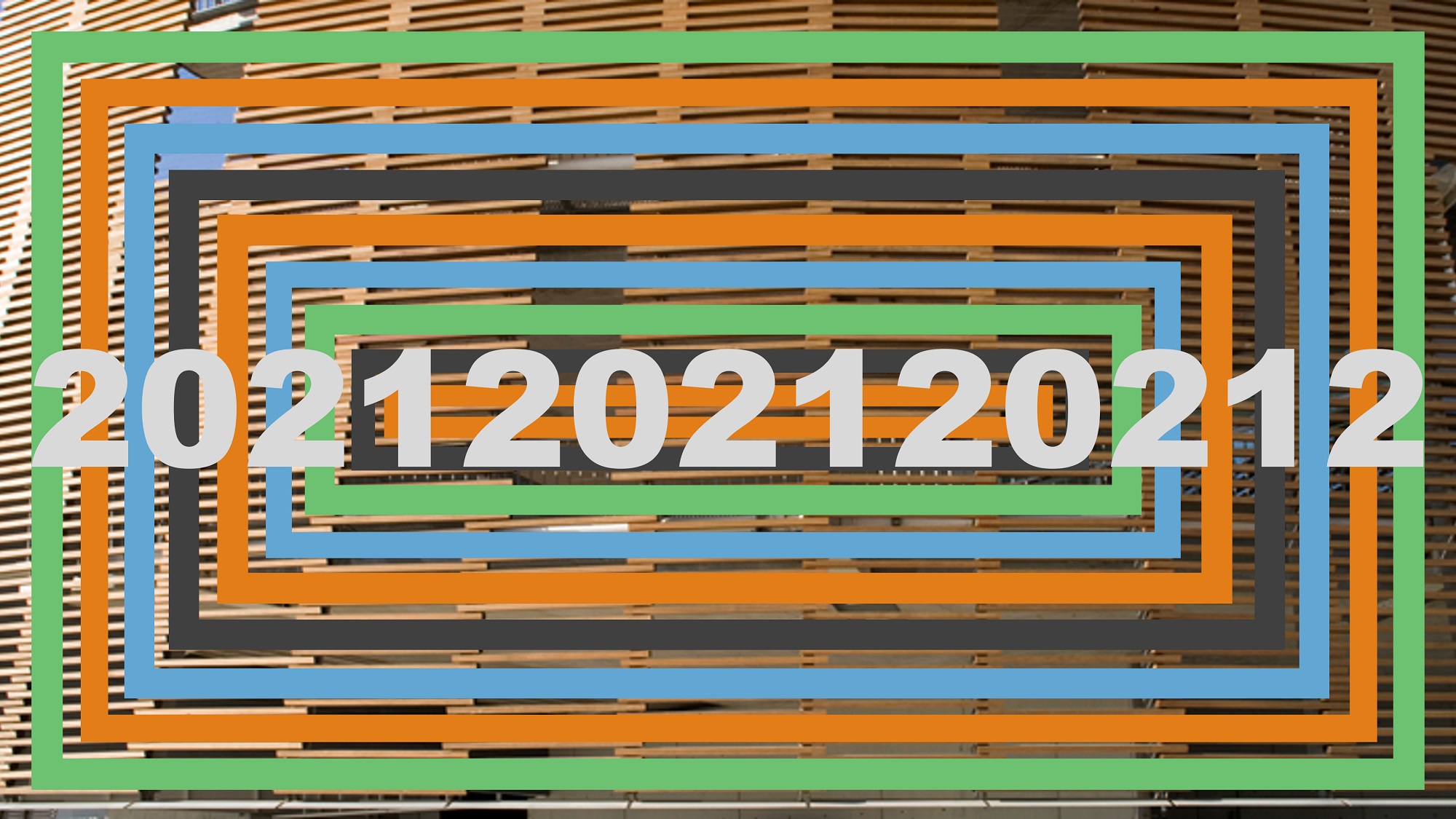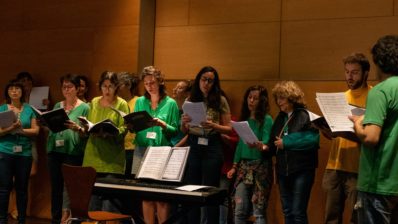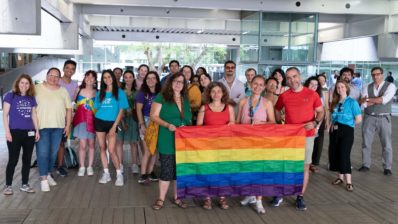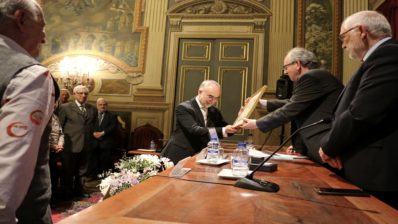The Barcelona Biomedical Research Park (PRBB) remains an inspiring environment for life sciences and biomedical research, despite the pandemic. 15 years have passed by since the inauguration of the PRBB building in 2006 by national and local authorities. Looking back fills the involved people with a sense of satisfaction and achievement. Here you can see some highlights from the PRBB Performance Report 2021.
Science
The scientific production has been constant in 2021. About 1,290 scientific papers were published with the participation of researchers from the centres. The public database of scientific publications of the researchers at the PRBB is available under www.prbb.org/publicaciones-cientificas.
During 2021, the PRBB organized 34 scientific conferences (31 in 2020). 24 of them were PRBB CRG Conferences (19 online, 3 hybrid) and 10 neuroscience seminars (all online). These conferences are included in the park’s total of 242 scientific sessions (202 in 2020). The countries of the institutions of the PRBB CRG Conferences speakers were USA (8), Germany (3), United Kingdom (2) and one from Austria, Spain, Canada, Portugal, Switzerland, Denmark, Australia, the Netherlands, South Africa and France.
Two editions of the “Career Week” in spring and autumn provided insights about a career outside of academia. 460 attendees enjoyed participatory talks and seminars to find out what job options are there in science apart from the academic career. The Career Week is co-organized by the PRBB Intervals programme with the Park centres.
Institutions
In May 2021, the PRBB celebrated the fifteenth anniversary with a short story in El·lipse: The rhythms of change: 15 years of the PRBB. And the election of the new rector of the UPF, Oriol Amat, and the appointment of a new government of the Generalitat after the elections of February 14, 2021, changed the composition of the Governing Council of the PRBB Consortium.
The PRBB demography is stable with a slight increase in foreign residents. The 1,444 residents include 399 foreigners (28%) from 57 different countries. The Park has 745 researchers: 295 PhD students, 252 postdocs and 198 senior researchers (IPs). The support staff is grouped into 458 technicians and 241 people from the administration.
Society
The PRBB launched in 2021 ‘La mare de la ciència’, a scientific dissemination podcast in Catalan. Small capsules of 15 minutes explain the research carried out in the parks centres through the lens of the researchers themselves. In September, “La Mare de la Ciència” (The Mother of Science) ranked No. 1 in the life sciences category in Spain in the Apple Podcasts rankings.
In June, the PRBB was the main venue of the Biennial of Barcelona and the Science Festival. The biennial had more than 100 activities in addition to the 120 proposals of the science festival.
Like every year, the PRBB organized the OpenPRBB with 15 videos of activities, 40,000 views and the first face-to-face event after the pandemic.
The 16th edition of the annual PRBB Award mobilised 222 second-year high school students from all over Catalonia presenting 201 research projects.
El·lipse, the news channel explaining the research highlights of all the PRBB centres, published 140 new contents in Catalan, Spanish and English in 2021.
Infrastructure
A new event broadcasting service was made available to users in order to facilitate hybrid events. This will allow, for example, to gather a small number of scientists in the Park and broadcast through almost any online platform for the rest of the public. This service is free for the PRBB-CRG Conferences, as well as the Neuroscience and Computational conference series.
The PRBB consumed last year 13,206,107 kWh of electricity (+2%), 25,300 m3 of water (+1%), 360,195 litres of liquid nitrogen (+4%) and 81.329 litres of nitrogen gas (+23%). CO2, which is used by incubators of cell cultures has raised +65% to 33,540 Kg.
Please read the full report here:







